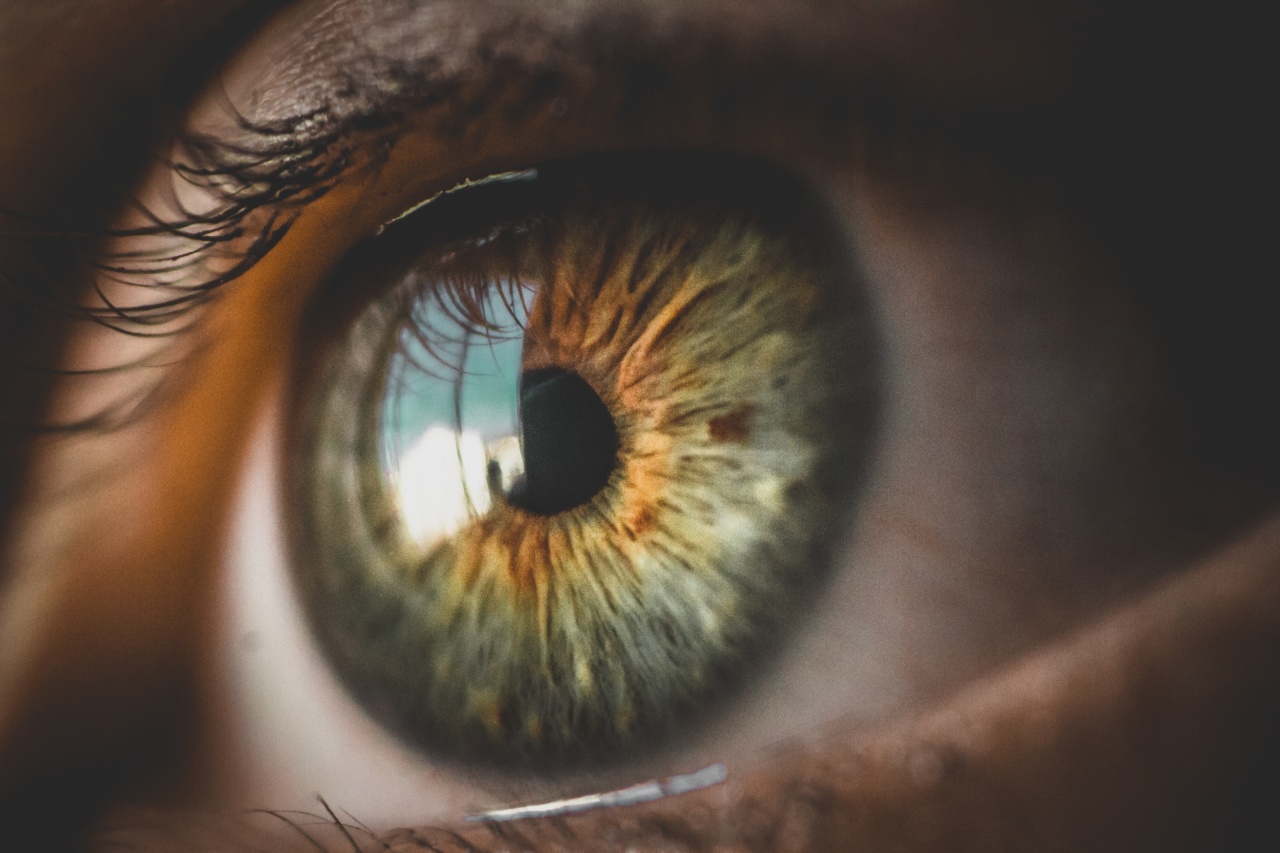Herpes Zoster, commonly referred to as shingles, is a viral infection caused by the varicella-zoster virus. This virus is also responsible for causing chickenpox.
Herpes Zoster is characterized by a painful rash that usually appears on one side of the body, but sometimes it can also affect the face and eyes.
How does Herpes Zoster affect the eyes?
Herpes Zoster can affect the eyes in a variety of ways. The most common manifestation is called herpes zoster ophthalmicus, which affects the eye and surrounding tissues.
The virus can cause swelling of the eyelids, sensitivity to light, tearing, and redness of the eye. The rash may also spread to the forehead, scalp, and nose.
Can Herpes Zoster cause vision loss?
Yes, Herpes Zoster can cause vision loss, especially if the infection affects the cornea or the retina. The cornea is the transparent outer layer of the eye, responsible for protecting the eye and refracting light.
The retina is the inner layer of the eye that contains light receptors and sends visual information to the brain. If the infection reaches the cornea, it can cause corneal scarring, which can lead to vision problems such as blurred vision, astigmatism, and even vision loss.
If the infection reaches the retina, it can cause retinal necrosis, which can result in blindness.
What are the risk factors for Herpes Zoster affecting the eyes?
Several factors increase the risk of developing Herpes Zoster ophthalmicus:.
- Age: Herpes Zoster is more common in older adults, as the immune system weakens with age.
- History of chickenpox: If you’ve had chickenpox before, the virus can reactivate and cause Herpes Zoster.
- Immune system disorders: People with weakened immune systems, such as those with HIV/AIDS, are at higher risk.
- Stress: Stress can weaken the immune system and trigger a Herpes Zoster outbreak.
How is Herpes Zoster affecting the eyes treated?
Herpes Zoster affecting the eyes requires immediate medical attention to prevent complications and vision loss. The treatment may include:.
- Antiviral medication: The most effective treatment for Herpes Zoster is antiviral medication, which helps reduce the severity and duration of the infection.
- Pain relievers: Pain relievers such as acetaminophen or ibuprofen can help relieve the pain of the rash.
- Steroid eye drops: Steroid eye drops can help reduce inflammation and prevent scarring.
- Cool compresses: Applying cool compresses to the affected eye can help relieve itching and swelling.
- Corneal transplants: In severe cases, corneal transplantation may be necessary to restore vision.
How can Herpes Zoster affecting the eyes be prevented?
Preventing Herpes Zoster ophthalmicus is challenging, but the following measures can help reduce the risk:.
- Vaccination: The varicella-zoster vaccine is highly effective in preventing both chickenpox and Herpes Zoster.
- Hand hygiene: Washing your hands frequently can help reduce the spread of the virus.
- Stress management: Managing stress through meditation, exercise, or therapy can help boost the immune system.
- Avoiding contact with infected individuals: If you know someone with Herpes Zoster, avoid contact with their rash and other bodily fluids.
Conclusion:
Herpes Zoster affecting the eyes can cause serious vision problems and require immediate medical attention. If you experience any symptoms, such as eye pain, redness, or sensitivity to light, see an eye doctor as soon as possible.
With prompt treatment, most people with Herpes Zoster ophthalmicus recover without complications.





























